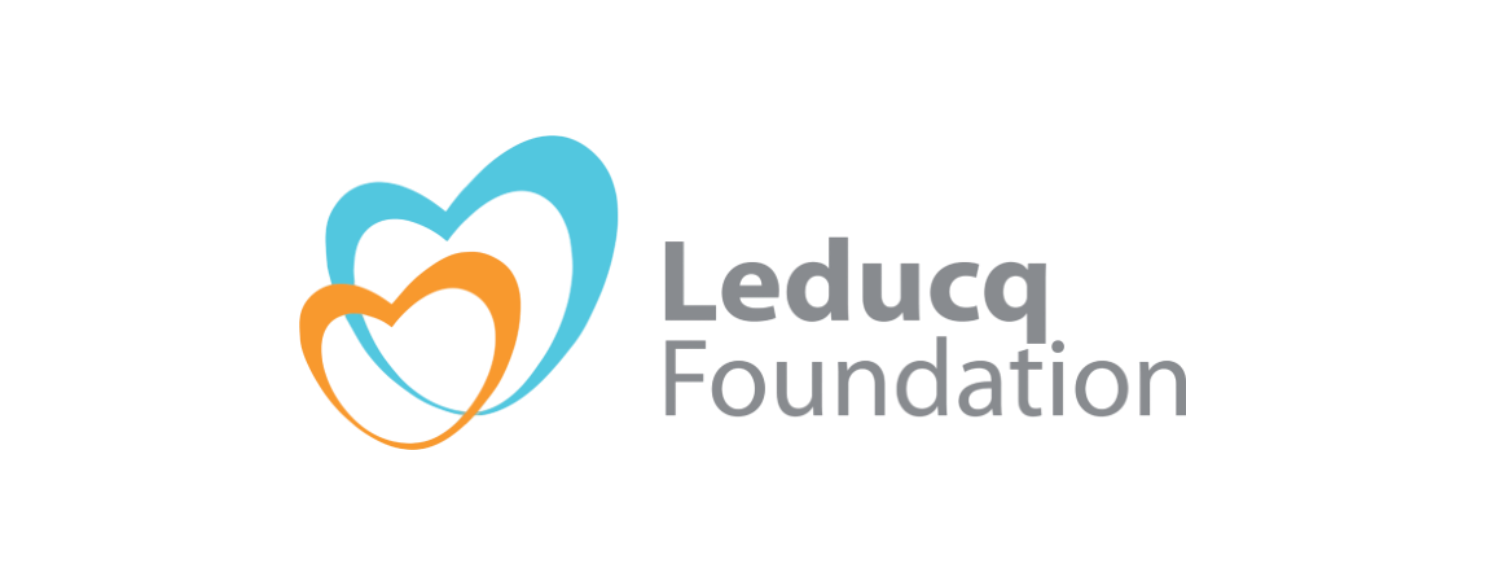The PRIORITY Project
Cardio-laminoPathy
Leducq Foundation’s PRIORITY network
The PRIORITY project—short for cardio-laminoPathy: fRom pathomechanIsms tO peRsonalIzed TherapY—is a major international research initiative funded by the Leducq Foundation with an $8 million grant. Launched in January 2025, it focuses on LMNA-related dilated cardiomyopathy (LMNA-DCM), a severe hereditary heart condition caused by mutations in the LMNA gene. These mutations disrupt the structure and function of the cell nucleus, leading to progressive heart failure and arrhythmias.

Project goals
How we want to make a difference
The PRIORITY network aims to bridge critical gaps in understanding and treating LMNA-DCM through three core objectives:
Clinical and Genetic Profiling
Building a large international patient cohort to study the natural history of LMNA-DCM, identify biomarkers, and determine factors influencing disease severity and progression.
Mechanistic Research
Using advanced molecular and cellular technologies to uncover the underlying mechanisms driving LMNA-DCM, including how nuclear envelope dysfunction affects gene expression and cellular stability.
Therapeutic Development
Designing personalized, mechanism-based therapies—such as gene therapy or molecular interventions—to correct or mitigate the effects of LMNA mutations.
Visit our LMNA Registry in the United States
International Collaboration
The project is co-led by Dr. Gisèle Bonne (Sorbonne Université–INSERM, France) and Dr. Andrew Landstrom (Duke University School of Medicine, USA), with support from the Netherlands Heart Institute as the coordinating office. The consortium includes leading institutions from Europe and North America, such as Stanford University, Cornell University, and the University of Zurich. It also collaborates closely with LMNAcardiac.org, a patient-led foundation, to ensure a patient-centered approach.
Patient Engagement & Future Outlook
A key component of PRIORITY is its partnership with LMNAcardiac.org, which ensures that patient voices are central to the research process. The project also emphasizes training early-career scientists and fostering interdisciplinary collaboration. The ultimate goal is to develop therapies that can be tested in clinical trials, offering new hope for individuals affected by LMNA-DCM.
For more details, you can visit the PRIORITY project page on the Leducq Foundation website or LMNAcardiac.org.

